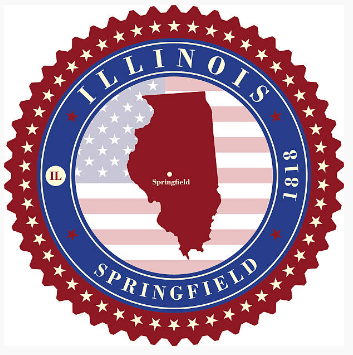 Photo: Getty
Photo: Getty In the study, 126 peanut-allergic participants underwent three challenges, in which they consumed a small amount of peanut. They then either exercised, reduced the amount of sleep they got – or did nothing further.
The amount of peanut needed to trigger symptoms was reduced by 45 percent in those with sleep loss or taking part in exercise, compared to those with no intervention.
Takeaways for Patients
The preliminary findings, presented at the AAAAI 2019 conference, suggest that individuals with an allergy to peanut “should be extra vigilant when eating food prior to and following exercise or when particularly sleep deprived,” said a spokesperson for Britain’s Food Standards Agency (FSA). FSA funded the study.
The full results of the study were later published in the fall of 2019.
For full AAAAI 2019 coverage, see here.





